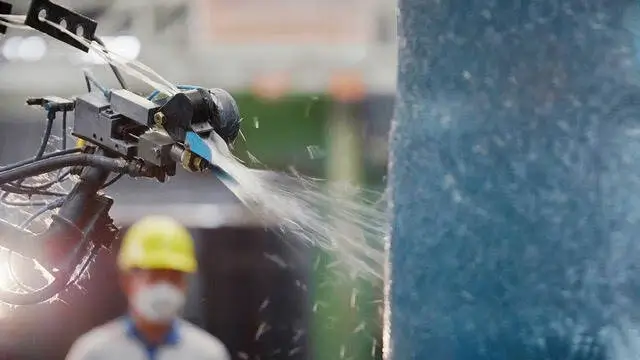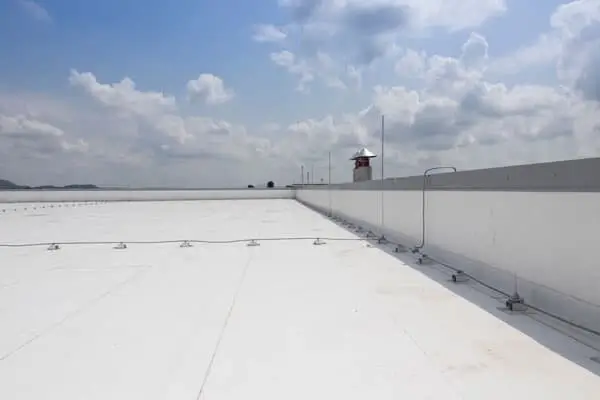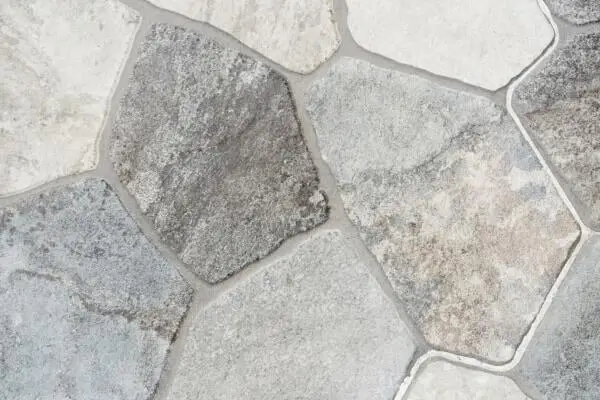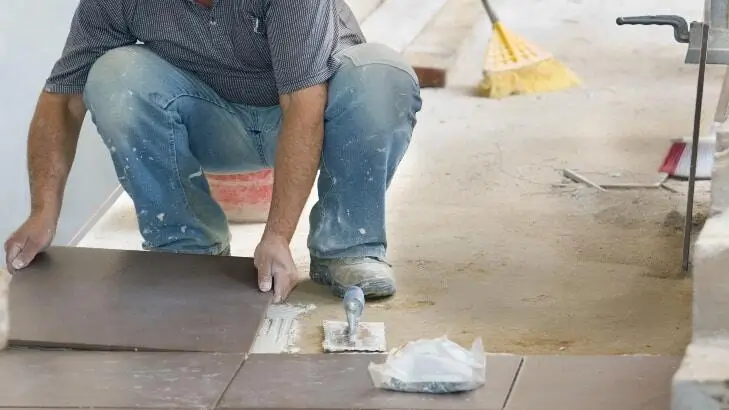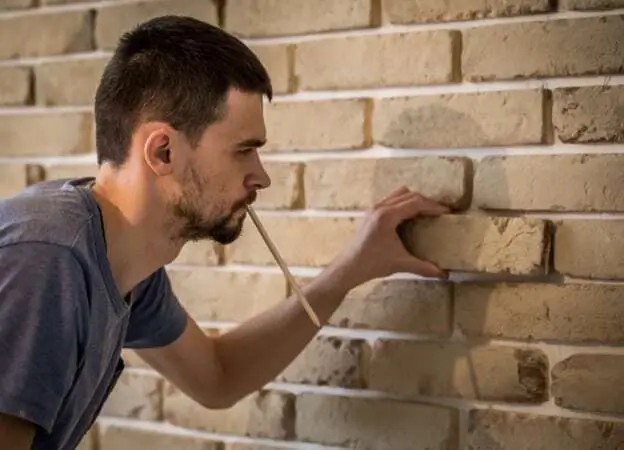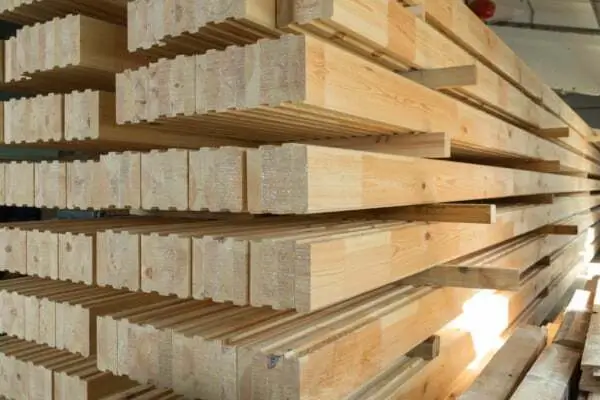PVC bonding - adhesives for PVC pipelines
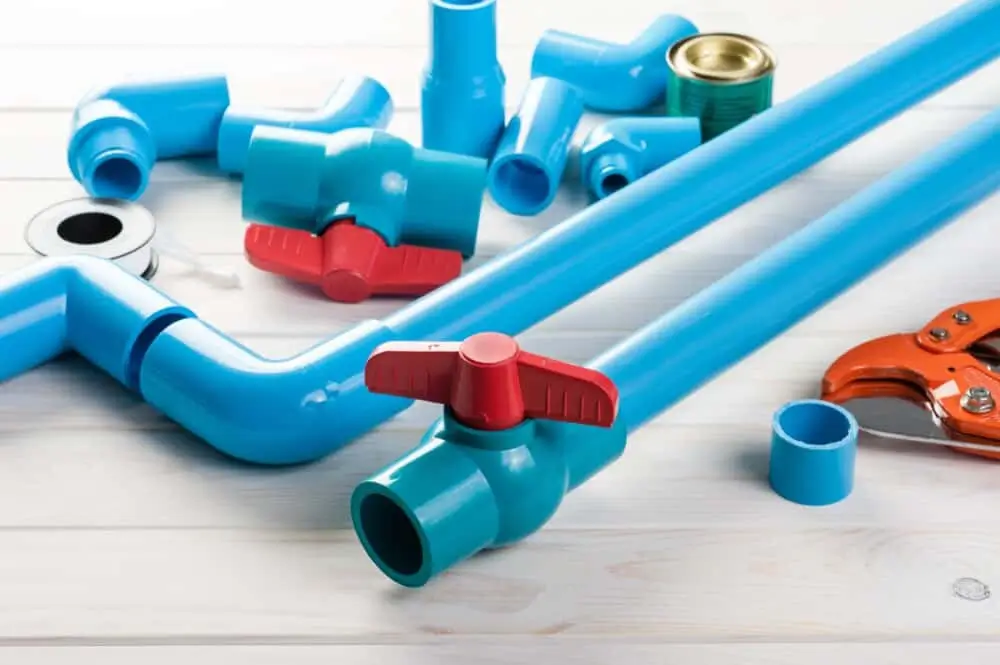
Industrial PVC bonding systems for pipe installations
Next to polyethylene and polypropylene, polyvinyl chloride, PVC, belongs to the world's most widely produced synthetic plastics. One of the most common uses of PVC plastics is in industrial pipeline installations, of which feeds range from potable water to aggressive chemicals. As the use of PVC pipe installations is broad, so are the solutions for industrial PVC bonding. In this article, we will take a look at the different PVC materials and pipeline applications, as well as suitable PVC adhesive solutions for the different uses.
Industrial PVC bonding and properties of the adhesive for PVC
In industrial applications, PVC is most commonly used in pipeline installations such as disposal systems. The installation requires PVC bonding to create strong and watertight joints and seams, as well as fill in gaps and cracks. The applications of PVC adhesive glue include high pressure and drainage pipes, as well as potable and wastewater pipelines. Pressure joints and press fits commonly require these adhesives.
Depending on the application, the industrial adhesive systems should be:
- Waterproof: it goes without saying that the adhesive bonding together two pieces of pipe containing liquids, should not let any of it through.
- Chemical resistant: depending on the purpose of the installation, the PVC bonding should be resistant to the feed including all chemicals it may be exposed to. For example, the horticulture industry installations used for delivering fertilizers, must not let the fertilizer affect the pipes and bonds.
- Resistant to high pressure and discharge: some industrial pipeline installations are used for delivering and discharging fluids in high-pressure conditions. Therefore, the PVC adhesives used in these, must not be affected by the process and vice versa.
- Safe to use with potable water: many PVC pipelines are designed to deliver drinking water. Adhesives used for these pipes must comply with food and safety regulations to make sure no residue will end up in the potable water.
In case you have a PVC application that requires special property adhesives or sealants, contact us and share your project details to get tailored advice.
About applying PVC adhesive
The materials most commonly used in industrial pipeline installations are UPVC (unplasticized polyvinyl chloride), CPVC (chlorinated polyvinyl chloride) and ABS (acrylonitrile butadiene styrene). Each of the materials has their own properties and requirements regarding adhesives. However, there are also products that can be universally used for all three materials.
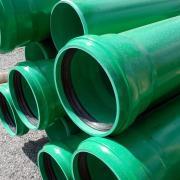
Below you can find some general information on applying PVC adhesives and preparing the substrate.
- Surface preparation: a clean substrate is the foundation of successful PVC bonding. The substrate must be free of oils and grease before application. Many adhesives manufacturers also offer PVC cleaning agents which clean the substrate without damaging it. For example, acetone can be too strong a detergent and cause damage.
- Protection: in general, PVC bonding involves materials which contain substances that may be hazardous to health when inhaled or touched. Therefore, it is advised to at least wear protective clothing, mask and gloves. Always see the manufacturer’s advice on required protection.
- PVC primer: especially when working with solvent cement, a PVC primer may be needed to start the chemical reaction softening the PVC pipe and making it ready for the adhesive to adhere to.
Note: PVC bonding often takes place in critical parts of pipe installations, which is why it is paramount that the PVC adhesive glue used for the installation is certified according to relevant standards, as well as has a declaration of performance (DoP) provided by the manufacturer to guarantee performance.
Guarantee success for your PVC bonding project
To make sure your PVC bonding project is a success, it may come in handy to turn to a specialist. Do not hesitate to contact us for any questions or inquiries you may have regarding PVC bonding products, application, or training. Our experts are happy to help you achieve the best possible results in PVC bonding.
Discover more solutions for building & construction
What solution are you looking for?
We are specialized in the building and construction. Need the best products or advice? Then please leave your details and we will get in touch.
